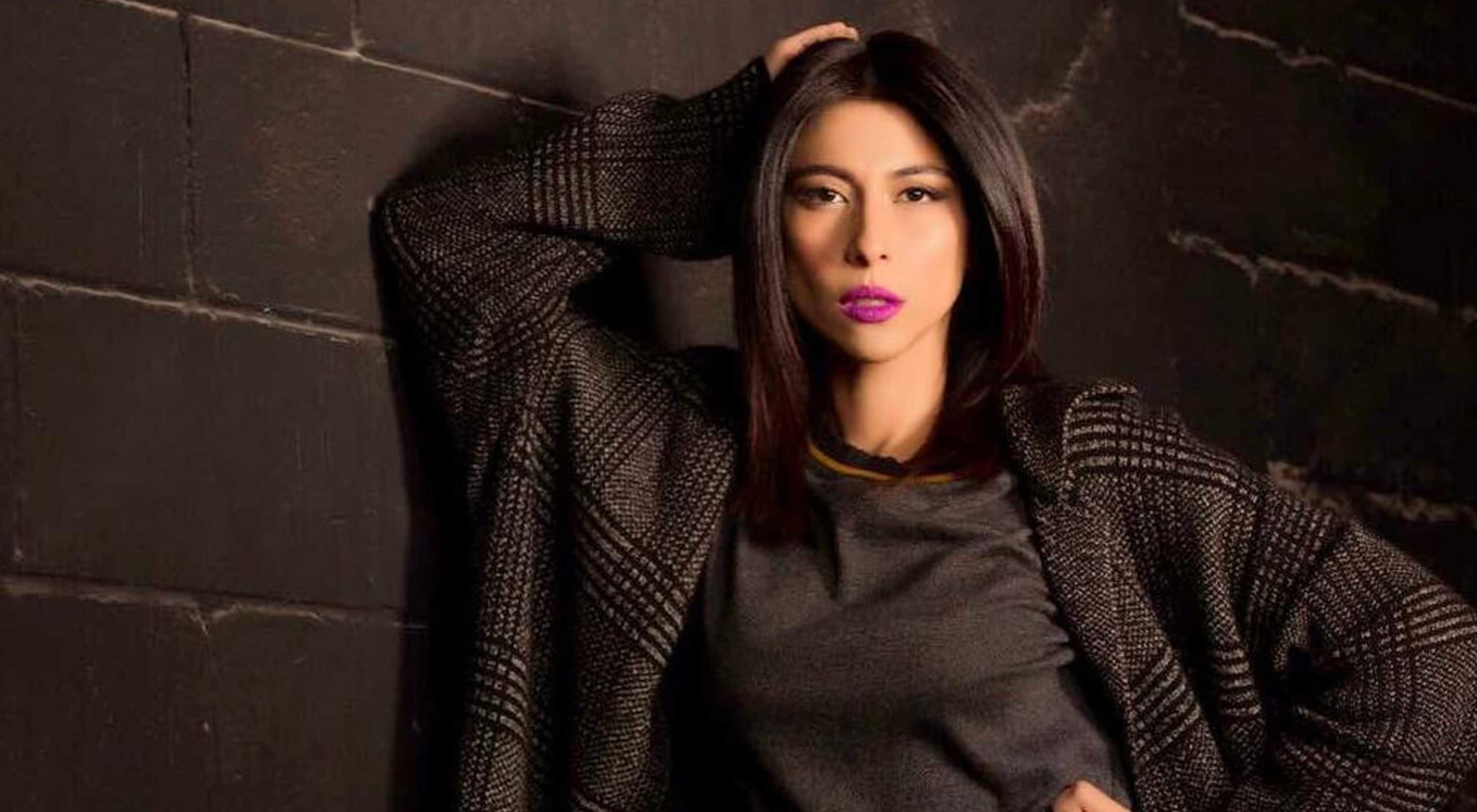LONDON: A UK High Court hearing a defamation claim brought by Pakistani singer Meesha Shafi against private channel New Vision TV, the broadcaster of ARY UK, has found that the channel had defamed the celebrity in a December 2020 broadcast.
In a preliminary hearing, the court determined that the channel had broadcast defamatory statements, claiming that Ms. Shafi was willfully disobeying court orders for a period of two years, and that Ms. Shafi was portrayed by the channel as “someone who engages in such behavior repeatedly” and does not follow the legal requirements laid down by a court.
“Such an assertion would have the tendency of lowering the claimant [Ms Shafi] in the estimation of right-thinking people generally; it is contrary to the common shared values of our society for people to deliberately ignore court orders requiring them to attend court, and to do so repeatedly over an extended period…The claimant is a very high-profile Pakistani celebrity who has taken a leading role in the advancement of women’s rights, holding herself out as an example to society. Given the claimant’s standing, the words complained of are likely to have a seriously adverse impact on the way the claimant is treated, thus satisfying the seriousness threshold.”
The channel now has to submit its defence to the court by January 26, 2024.
On December 5, 2020, ARY UK broadcasted the aforementioned show, during which newsreader and ticker reports were provided as proof.
The broadcast testimony, which stated: “She [Ms. Shafi] came to Pakistan, did her work, and left,” was reviewed by the court. Meesha Shafi, a singer, disregarded the court directives. She traveled to Pakistan, made a song, then left to go back to Canada. She did not show up for court. A defamation case has been filed by Ali Zafar against Meesha.
In 2018, Ms Shafi accused singer and actor Ali Zafar of physical sexual harassment, in what was thought to be the first #MeToo moment in Pakistan.
She filed a case of sexual harassment in the LHC against Mr Zafar, but the claim was rejected on technical grounds that her allegations did not fall under the workplace harassment law.
In 2021, the Supreme Court agreed to hear her case to determine whether her allegations against Mr Zafar fall under the country’s Protection Against Harassment of Women at the Workplace Act of 2010.
































